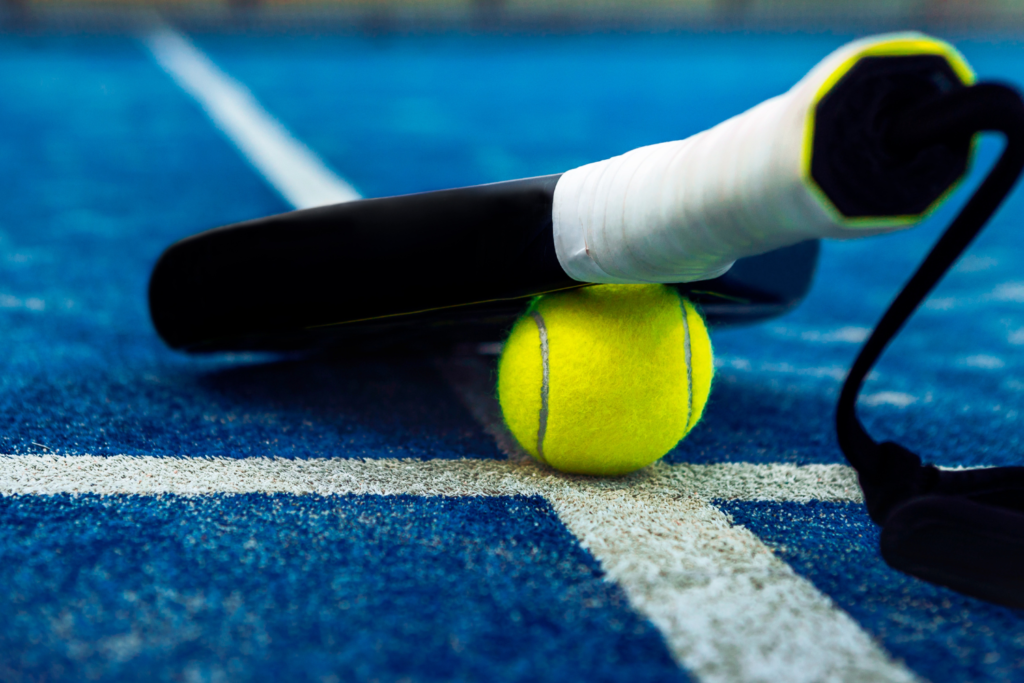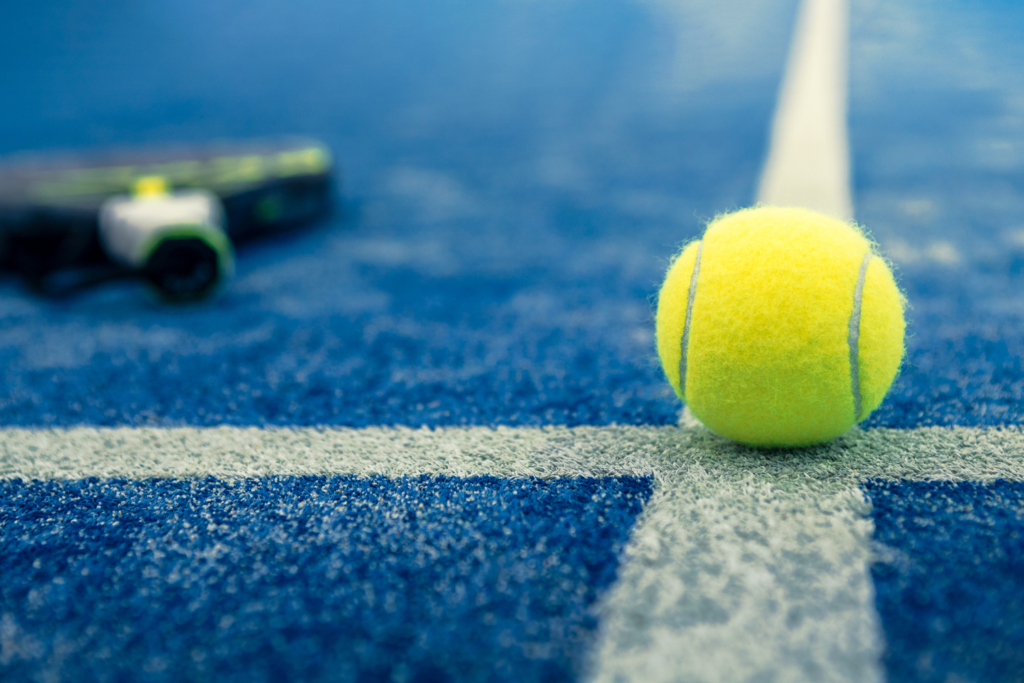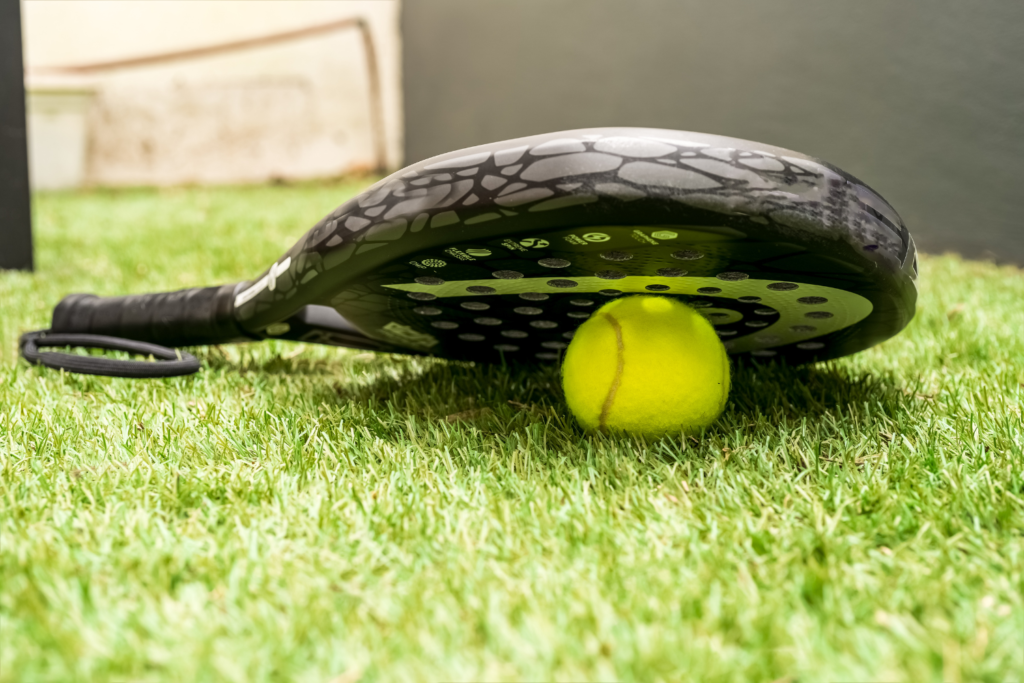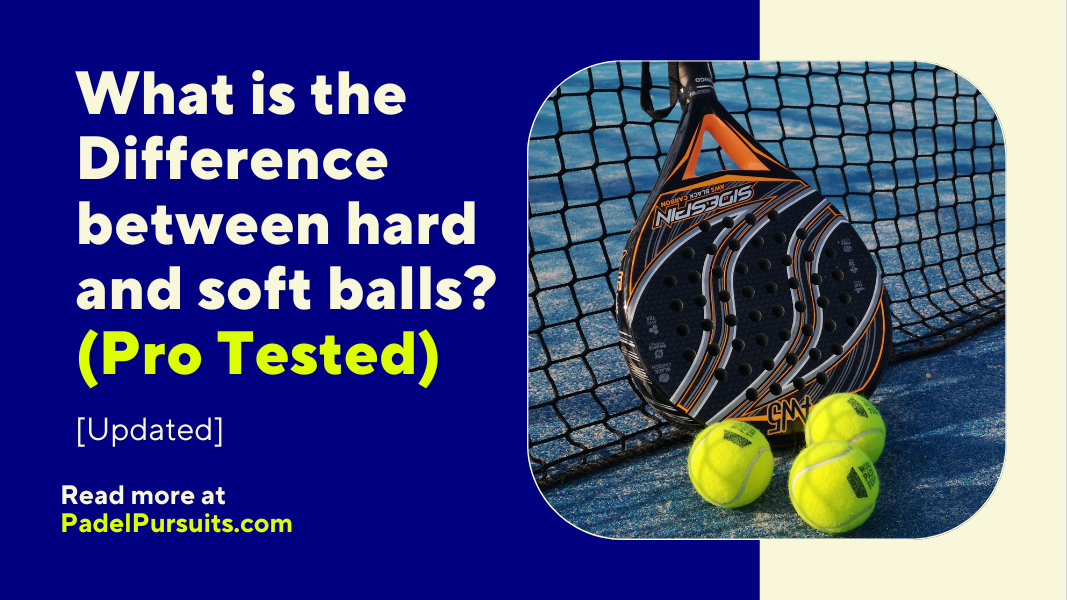Padel, a game combining elements of tennis and squash, can be greatly affected by the ball you choose. The difference between soft and hard padel balls is often a point of contention for padel enthusiasts.
In addition to their distinctive characteristics, both variants can affect the game’s bounce, pace, and overall experience.
The purpose of this article is to help you make an informed decision for your next match by highlighting the differences between hard and soft padel balls.
This racquet sport is known for its unique combination of agility, strategy, and teamwork. The type of ball used is one of the most important factors in an exciting padel match.
There are two primary types of padel balls: hard and soft. Various characteristics of each type affect gameplay in different ways. We’ll examine What is the Difference between hard and soft balls and help you decide which one is right for you.
Exploring the Distinctions: Hard vs. Soft Padel Balls

Padel balls differ based on their composition, which must be understood before analyzing the differences.
In spite of the fact that both hard and soft padel balls are made of rubber, they differ based on the density of the core and the outer covering.
Solid rubber cores are typically covered in durable felt material in hard padel balls. As a result of their construction, they are durable and resilient, making them suitable for intense gameplay.
Playing soft padel balls, on the other hand, provides a unique experience due to their lower-density core.
Hard Padel Balls: A Closer Look

Durability and Longevity
It is important to note that hard padel balls are durable. They are less prone to wear and tear because of their solid rubber core and tough felt covering.
Durability makes hard padel balls a preferred choice for avid players, as they maintain their consistency for extended periods of time.
Ball Speed and Bounce
In terms of ball speed and bounce, hard padel balls are known to have a higher ball speed. Power shots and precise placement can benefit players with these characteristics.
Players can anticipate and execute their shots more accurately with hard padel balls because of their consistent bounce.
You may enjoy reading How to Choose a Padel Racket
Soft Padel Balls: Unveiling the Features

Enhanced Control
It is easier for players to control and touch soft padel balls. Players are able to finesse their shots more precisely with this ball’s lower-density core and softer felt covering.
The feature is particularly appreciated by players who place an emphasis on control over power.
Spin and Swerve
Spin and swerve can also be generated with soft padel balls. As a result of their softer surface, they easily create spin on shots as they interact with the padel court.
As a result of this spin, your opponents may have difficulty returning your shots, which makes your game more unpredictable.
You may enjoy reading
Which Padel Ball Is Right for You?

Skill Level
It is important to consider your skill level when selecting a padel ball. It may be beneficial for you to use soft padel balls if you are a beginner, since they offer better control and forgiveness.
The speed and consistency of hard padel balls may be more appealing to intermediate and advanced players.
Playing Conditions
If you wish to choose a hard or soft padel ball, you should consider the playing conditions.
As soft balls lose bounce in low temperatures, they may not perform optimally in colder climates. Such conditions are better suited to hard padel balls due to their resilience.
Tips for Selecting the Perfect Padel Ball
Consider these tips when choosing the perfect padel ball:
- Take your playing style and skill level into account.
- Your playing area’s climate and temperature should be evaluated.
- Play with both hard and soft padel balls to determine which you prefer.
- For consistency, make sure the balls are of high quality and brand.
You may enjoy reading Best Padel Rackets For Beginners
Maintenance and Care
You must maintain your padel ball properly, no matter what type you choose.
A cool, dry place is ideal for storing your balls, and extreme temperatures can affect their longevity and performance.
The Impact on Gameplay
You can greatly influence your gameplay experience by choosing the right padel ball. The key to mastering the game of padel is to practice and adapt, regardless of whether you use hard or soft balls.
Choose the one that best suits your style and preferences by experimenting with both types.
FAQs
Are hard padel balls suitable for beginners?
Players who can handle the speed and control of hard padel balls are better suited to play with them.
Do soft padel balls lose their shape quickly?
In addition to their durability, soft padel balls are resistant to wear and tear, making them an excellent choice for playing padel.
Can I use a combination of hard and soft padel balls in a single game?
To adapt to different situations during a game, some players prefer using both types.
Which type of padel ball is more forgiving during rallies?
Beginners can benefit from soft padel balls since they bounce higher and are more forgiving.
How does the choice of padel ball impact the game’s strategy?
In padel, the type of ball determines speed, control, and spin in the game, affecting the game’s strategy.
Conclusion
In the realm of padel, the choice between hard and soft padel balls is a pivotal one. Each type offers a unique playing experience, with hard balls focusing on speed and durability, while soft balls prioritize control and spin.
Your choice should align with your skill level and playing conditions to enhance your overall enjoyment of the game.
You may enjoy reading Best Shoes For Padel Tennis

